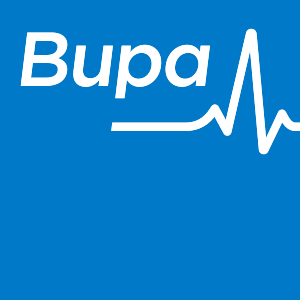SUPPORT YOUR TEAM WITH PRIVATE MEDICAL INSURANCE
Private Medical Insurance (PMI) provides your team with access to private healthcare, bypassing NHS waiting lists and enabling faster diagnosis and treatment. PMI is designed to complement the NHS, not replace it, and can be scaled to meet the needs of your business.
Our team of experts understand how crucial your people are to the success of your business. PMI is one of the most valued employee benefits you can offer - not only does it benefit your employees, it also helps you attract and retain talent and reduce staff absenteeism.
Whether you’re a growing start-up or an established business, we can help you tailor a healthcare policy that works for your budget and your people.

WHAT IS TYPICALLY COVERED UNDER A GROUP PMI POLICY
In-Patient & Out-Patient Treatment - cover for consultations, diagnostic tests, surgeries, private hospital accommodation costs and nursing care.
Cancer Cover – many policies offer comprehensive cancer care, including access to the latest drugs and therapies that are not always available on the NHS.
Mental Health Support & Virtual GP Services – cover can include treatment for mental health conditions, as well as 24/7 access to GPs via video or phone.
Optional Benefits – tailor your group policy further by adding additional benefits, such as optical and dental cover.
How much does a group PMI policy typically cost?
The cost varies based on several factors, including the number of employees covered, their ages, level of cover, and any optional extras like dental care or mental health support. Our specialists can help you compare providers and find the most cost-effective option that best suits your business.
Can I choose which employees are covered?
Yes. You can offer PMI to all employees or select specific groups - e.g. management only, or staff after a probation period. Many SMEs start with a core group and expand cover over time. It’s important to define your eligibility rules clearly and fairly to stay compliant with employment law and insurer terms.
What’s the difference between Moratorium Underwriting (MORI) and Medical History Disregarded Underwriting (MHD)?
Deciding how pre-existing medical conditions are covered comes down to the underwriting method. MORI requires each member of staff to be trouble free from a pre-existing condition and insured for a specified period of time prior to the condition in question being covered. MHD on the other hand means that pre-existing conditions are fully covered for all members of the group policy.




